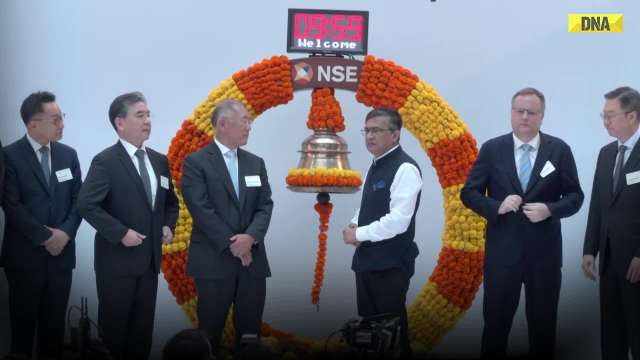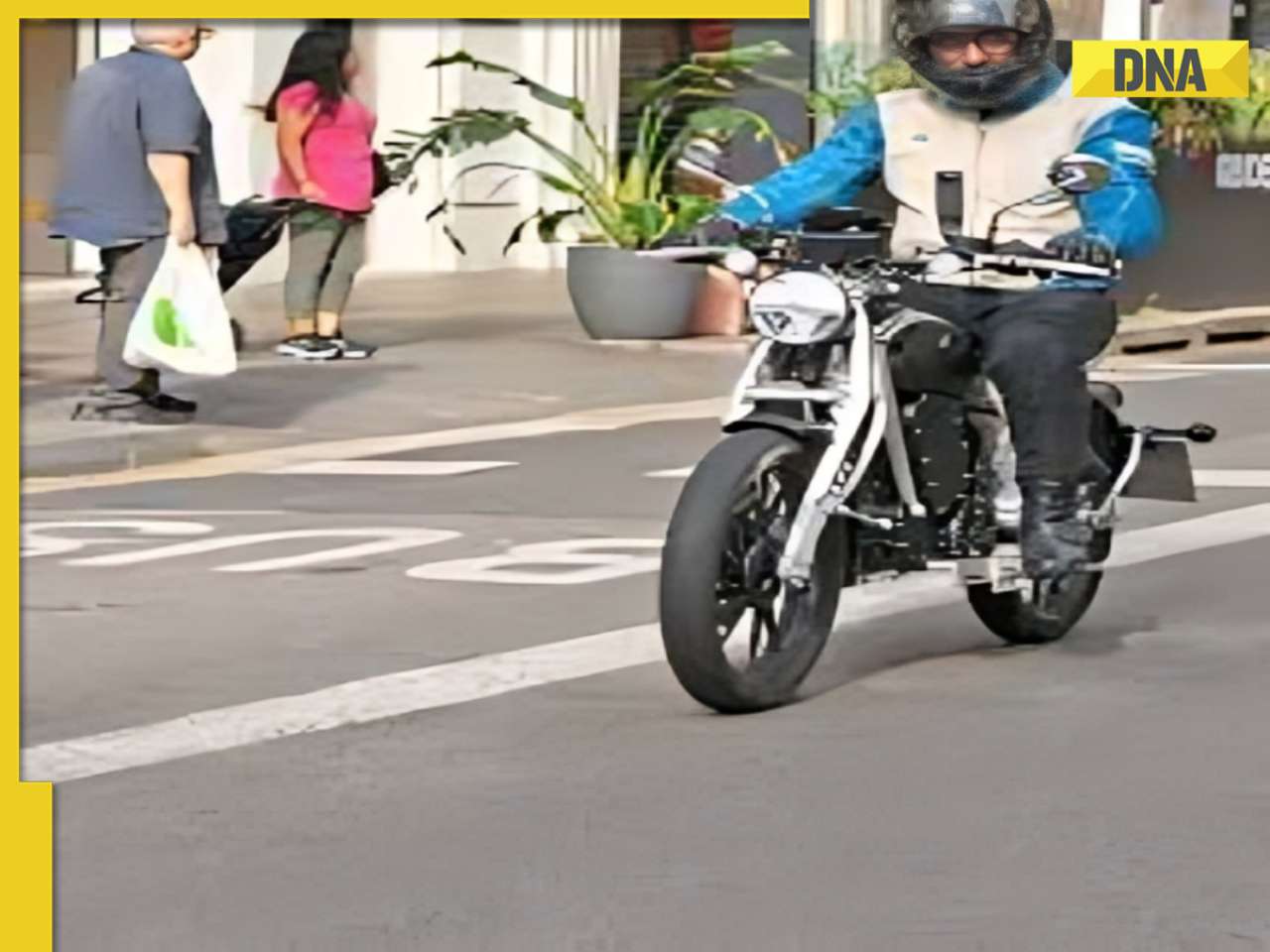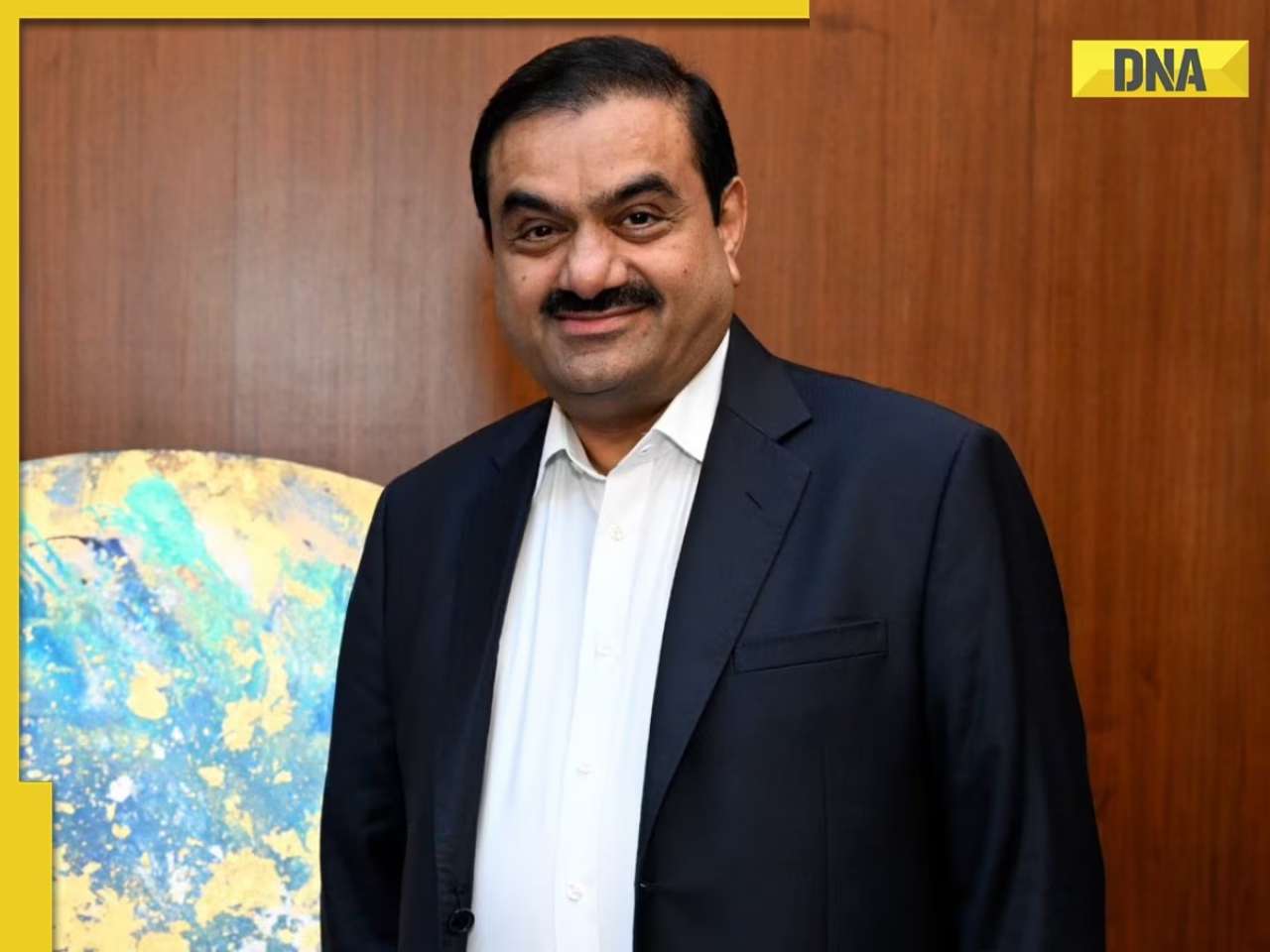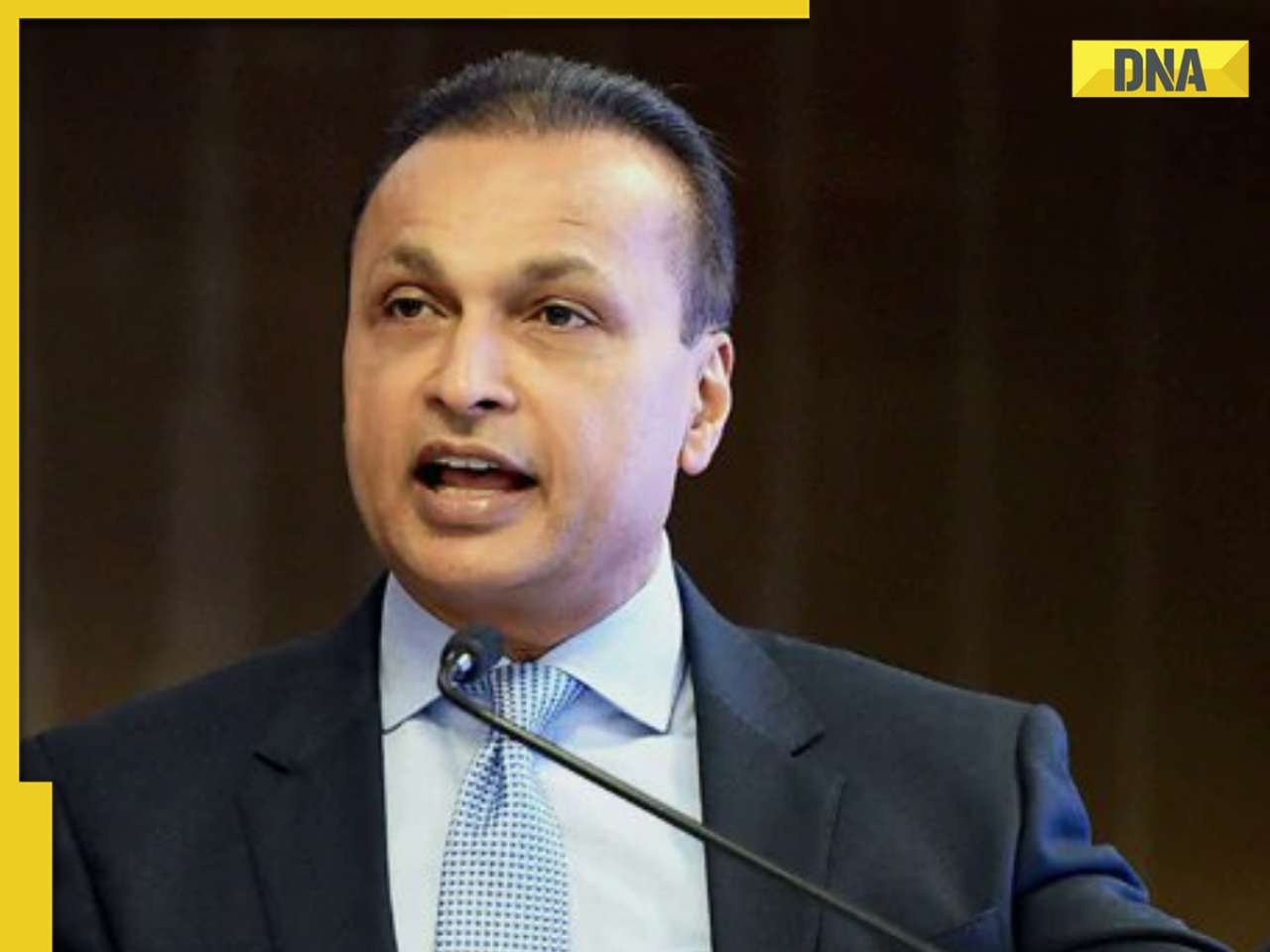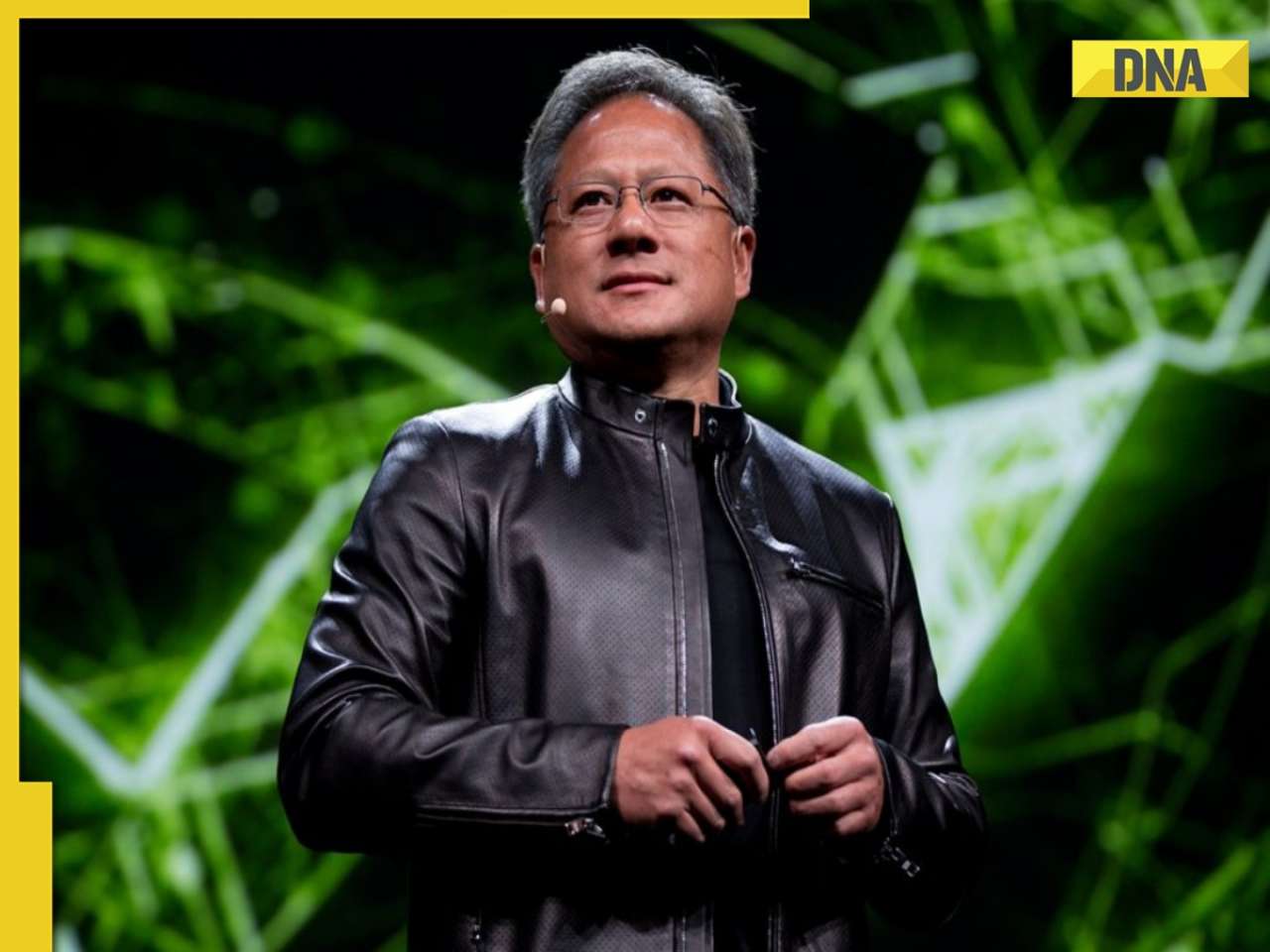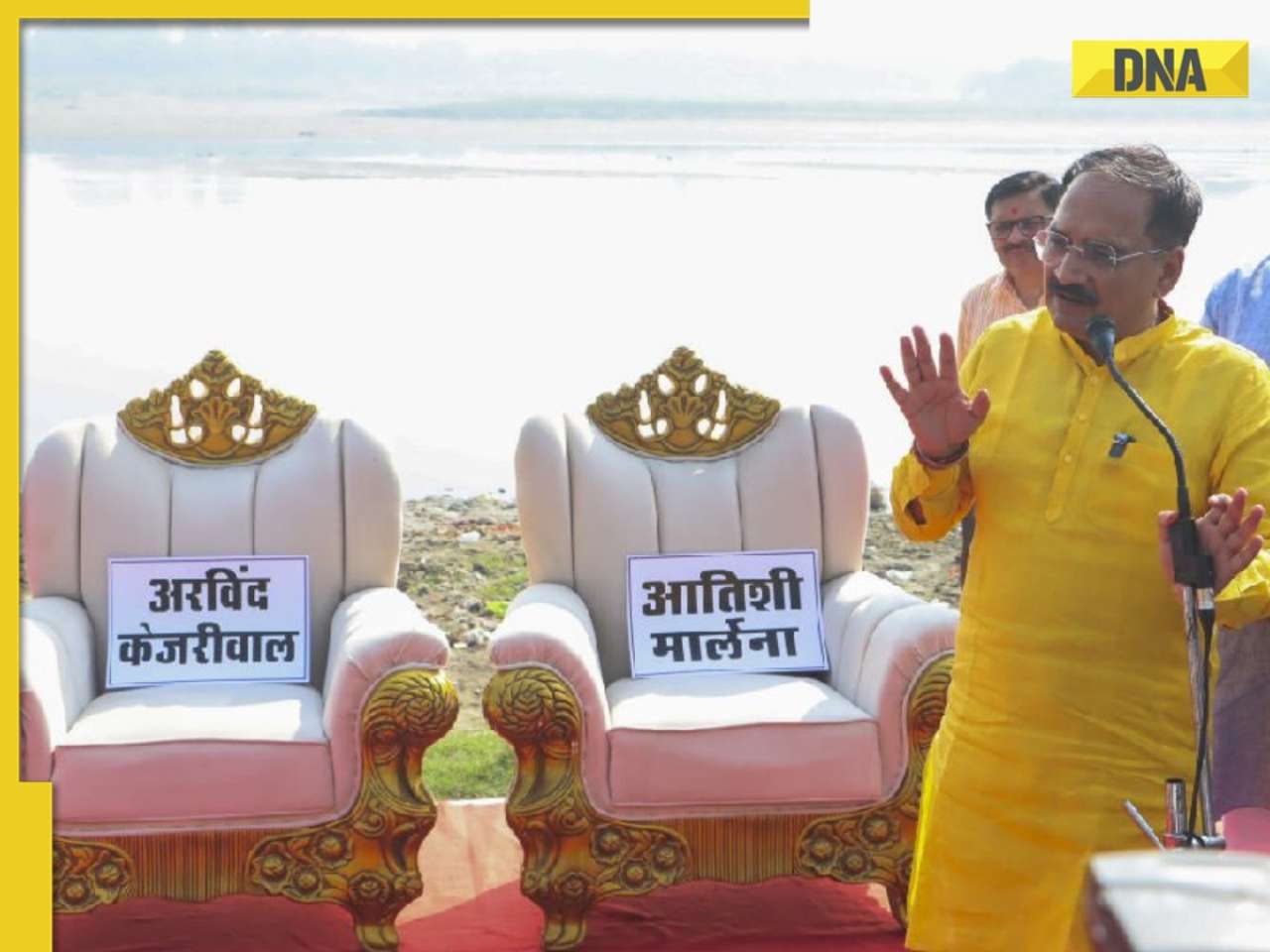- LATEST
- WEBSTORY
- TRENDING
BUSINESS
Meet man who started business with Rs 95000, Ratan Tata's company wants to buy it for Rs 17000 crore, runs largest...
However, inspired by India's rich culture and heritage, Bissell decided to stay. Investing Rs 95,000 from his grandmother's legacy, he established Fabindia in 1960, operating initially from two small rooms in his home.
TRENDING NOW
Establishing a big company in another country without any assistance is not a small feat. One such story is of John Bissell, an American from Hartford, moved to India in 1958 on a two-year Ford Foundation grant as an adviser to the Central Cottage Industries Corporation on exports.
However, inspired by India's rich culture and heritage, Bissell decided to stay. Investing Rs 95,000 from his grandmother's legacy, he established Fabindia in 1960, operating initially from two small rooms in his home.
Bissell travelled across Indian villages, seeking skilled weavers. His search drove him to AS Khera, a home furnishing manufacturer in Panipat, who became Fabindia's first supplier. By 1965, Fabindia earned Rs 20 lakh in revenue. However, the company faced a big challenge during the Emergency in 1975, when home-based commercial operations were banned, necessitating a pivot.
In 1976, Fabindia started its first retail store at Greater Kailash in Delhi. By 1994, Fabindia had established a second outlet in Delhi and reached annual sales of Rs 12 crore.
As a philanthropist, he founded The FabIndia School in 1992, catering to children's welfare and education in India.
Fabindia's growth soared after major investment, including Rs 110 crore from Premji Invest, valuing the company at Rs 1,500 crore. The company expanded, opening stores in Singapore, Bhutan, Dubai, Italy, Nepal, Malaysia, and Mauritius. By 2016, Fabindia's worth crossed Rs 5,397 crore.
Currently, the company earns Rs 1,668 crore in revenue, employs 55,000 artisans, and operates over 400 stores. This significant growth has attracted the attention of Tata, who is now keen in acquiring Fabindia.
The Tata Group is in negotiations with Fabindia's promoters and shareholders regarding a stake or acquisition. This acquisition could be worth less than the USD 2.5 billion (Rs 17,000 crore) estimated during Fabindia's now-abandoned initial public offering.
Thee brand has become India’s largest private platform for handmade products inspired by traditional techniques and skills.
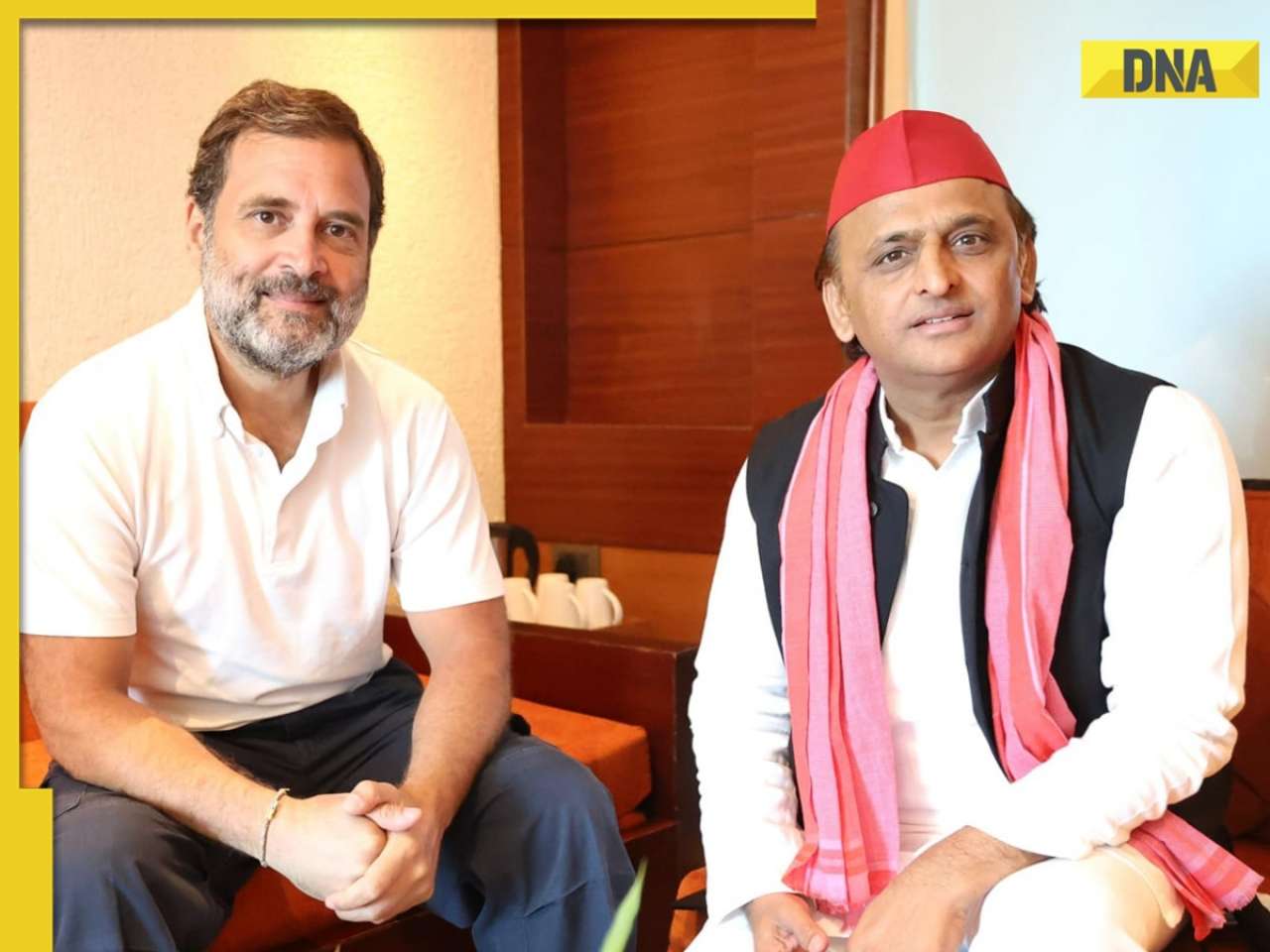






)
)
)
)
)
)
)
)
)
)
)
)
)
)
)
)















